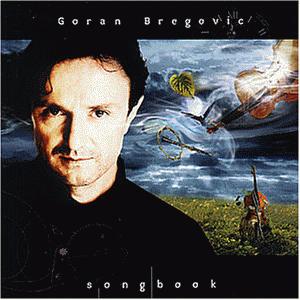
| Artist: | Goran Bregovic |
| Title: | Songbook |
| Released: | 2000 |
| Label: | Mercury Records |
| Time: | 56:17 |
| Producer(s): | |
| Appears with: | |
| Category: | World Music |
| Rating: | *******... (7/10) |
| Media type: | CD |
| Purchase date: | 2003.12.24 |
| Price in €: | 1,00 |
| Web address: | www.goranbregovic.rs |